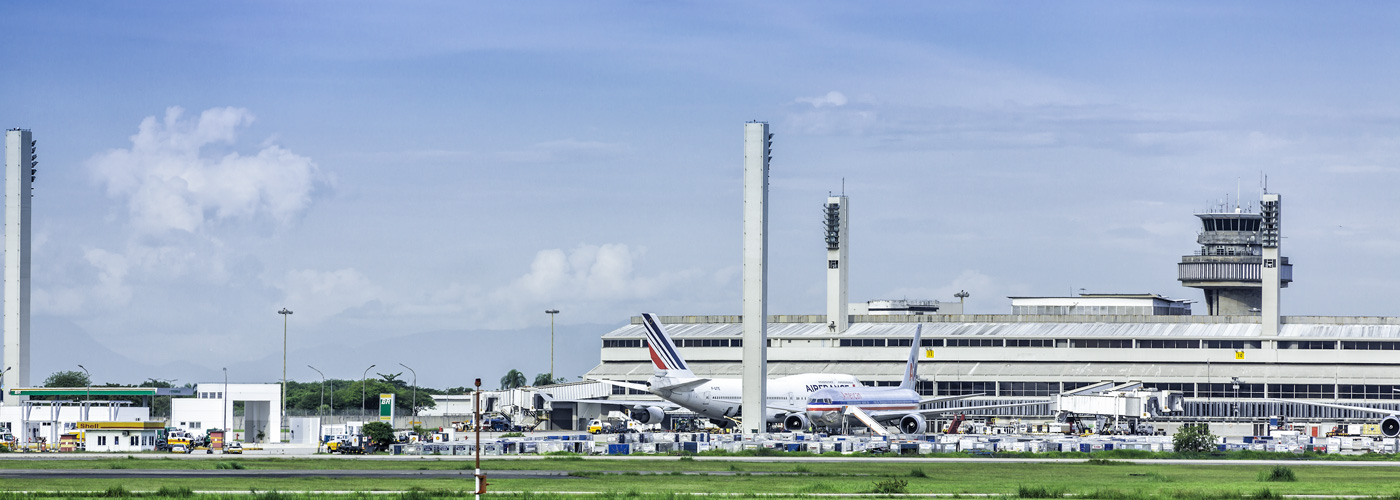Vaughn College Celebrated National Drone Safety Awareness Week

Drone enthusiasts are flying high in the month of November as the first-ever National Drone Safety Awareness Week kicked off on Monday, November 4, 2019. This week-long event was promoted by the Federal Aviation Administration (FAA) to help educate the public about drone safety and spread awareness by providing support to the drone community.
Are you interested in earning your drone pilot license or do you just want to learn more about the exciting world of unmanned aerial vehicles (UAVs)? Check out how Vaughn College celebrated this inaugural event to peak your passion in becoming a drone pilot.
Vaughn Celebrated National Drone Safety Awareness Week
In honor of the FAA’s Drone Safety Awareness Week, Vaughn invites you to be a part of the drone community by:
- Enrolling in a drone course: Drone Laws and Introduction to Unmanned Aerial Systems
- FAA Eastern Region Regional Administrator, Jennifer Solomon, was on campus on Friday, November 8, from 10 a.m. to 12 p.m. to discuss drone safety and the need for young talent at the FAA
- Joining the Unmanned Aerial Vehicle Club
- Attending International Drone Day in May 2020
A Week of Drone Safety
Whether someone is currently a drone pilot, is thinking about becoming one, or just wants to learn the latest about safe drone operations for recreational use, there’s something for everyone. Some of the topics explored included how public safety agencies are using drones to create safer communities; how drones are instrumental in infrastructure and agriculture; how drones are revolutionizing commercial and medical package delivery; and how drone photography helps the real estate and insurance business.
Why Drone Safety is Important
Operating a drone is a privilege. It comes with great responsibility, along with the education and understanding of operation within the FAA guidelines. Keeping the world’s safest and most efficient aerospace is the FAA’s primary mission—and drones are part of that responsibility.
Today, drones are being used more than ever before, making communities safer while providing enhanced career opportunities to pilots. So, how does one become a drone pilot? If this is a career possibility that interests you, learn how Vaughn sets the pace to help you earn your Remote Pilot Certificate.
Staying the Course
Flying a commercial drone requires a Remote Pilot Certificate. “At Vaughn, we offer the courses you need that lead to certification so you can start working in your field sooner than later,” said Loretta Alkalay, adjunct professor at Vaughn College. “Enrolling in our Drone Law course is a great place to start. It’s one of the key safety benefits to becoming a drone pilot.” Alkalay teaches drone law at Vaughn and brings years of experience as an aviation attorney and former regional counsel for the FAA. Her personal passion of taking photographs with drones earned her a two-page spread in UAS Magazine.
A few reasons students are encouraged to take this course include:
- Acquiring a better understanding of controlled and uncontrolled airspace
- Understanding weather patterns and how it impacts flying
- Learning about aerodynamic issues
- Gaining the power of professionalism
In August 2016, the FAA released Part 107, which provides information to individuals who are interested in obtaining their Remote Pilot Certificate.
Current recreational drone safety rules at a glance
The FAA is committed to drone safety. Here’s a quick glance of the current recreational rules to keep in mind:
- Register your drone―the cost is $5
- Fly drone at or below 400 feet
- Keep drone within your line of sight
- Be aware of FAA Airspace Restrictions
- Respect privacy
- Don’t act foolish
- Never fly near other aircraft, especially near airports
- Never fly over groups of people, public events, or stadiums full of people
- Never fly near emergencies such as fires or hurricane recovery efforts
- Never fly under the influence of drugs or alcohol
Are you interested in the aviation industry or becoming a drone pilot? Discover all that’s possible with an aviation degree from Vaughn College.

